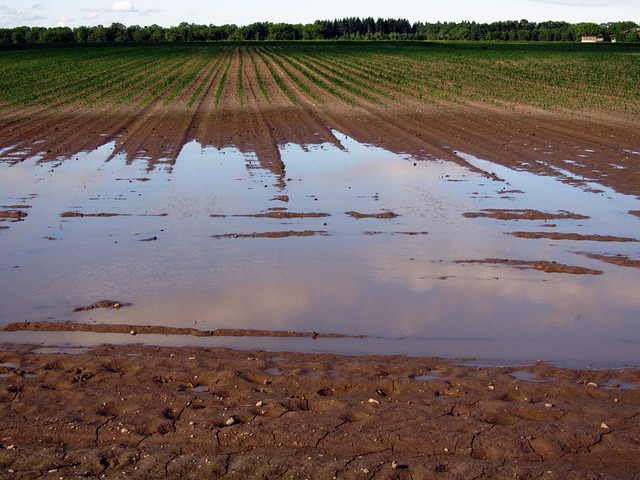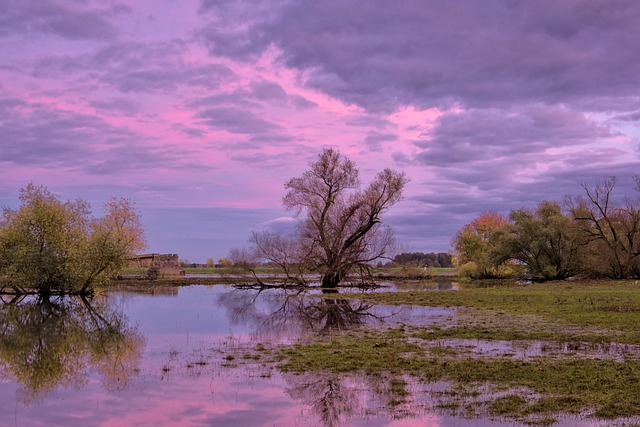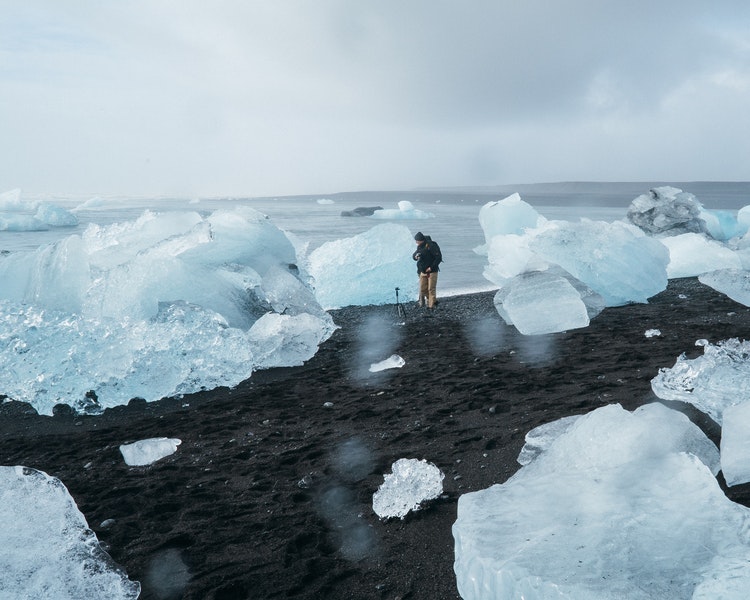

Rivers have certainly been an inalienable part of human evolution and our collective history as a whole. The world’s freshwater rivers paved the way for the formation of some of the greatest civilizations we have ever known. But apart from being known for their upsides, rivers have also been equally responsible for ruining civilizations with floods.
Flooding events are now becoming more common, with the adverse impacts of climate change taking the world to its grips. These flooding events have long been known for having a direct or indirect link with biodiversity loss. As a result, it has now become more important than ever to understand these linkages. So let’s dive into the details to get a more nuanced understanding of the subject.
Contents
Floods: An Overview
Before we get into more details about floods, it is important to clarify that any water overflow onto normally dry land is considered a flood. These events can happen anywhere, but low-lying areas such as coastlands and riverbeds are generally more susceptible to these events. Besides, some floods might just bring just a couple of inches of water, while others might bring enough water to sink a house.
The speed and volume of floodwater running generally depend on the cause of the flood. Some of the most common causes of floods include heavy rain, storm surge, rapid melting of snow or glaciers, and even dam breaches. Based on these factors, a flooding event can last from days to weeks or even more. These events can also have a positive impact, such as enriching the soil with newer nutrients, but in most cases, they cause more devastation than good.
As a result, concerned authorities and stakeholders are now working on mitigating the impact of these floods. In certain cases, they use highly advanced flood detection tactics to realize their goals apart from using other means to mitigate damages. Therefore, it has become very important to make efforts to understand flooding events and take measures to manage their adverse impacts.

Floods And Their Impact On Biodiversity
The evolution of this precious planet we share is far more complex and nuanced than most might have imagined. Every ecosystem is tied to its biodiversity, another fragile component of nature. Flooding events can drastically impact biodiversities, so let’s look at them to better understand them.
Flooding And Wildlife
A closer look at the wildlife of this planet gives us a better insight into the wonders of mother nature. However, it is also important to note that wild ecosystems are fragile; even a single flooding event can be drastic. There have been many instances where floods have caused a drastic impact on the wildlife of a specific region, especially because of drowning.
An excellent example of this phenomenon becomes abundantly evident if you track the annual floods in Kaziranga National Park located in Assam, India. These floods are annual but also very unpredictable, which cause much damage to both terrestrial and aquatic life. In this specific case of Kaziranga, deer, elephants, endangered rhinos, and even fish lose a lot due to these floods. Hence the loss of biodiversity is very evident here.
Floods Cause Erosion And Sedimentation
A fertile layer of soil is the bedrock for fostering any kind of biodiversity, whether terrestrial or aquatic. This is the reason why we can find abundant diversity in lives along coastlines than in deeper oceans. However, floods do not cause much biodiversity loss along coastlines compared to the havoc they can cause on lands.
Floodwater carries a lot of sediments that pack the unmatched potential of degrading water quality and fostering the growth of harmful algae. Besides that, these flowing sediments will eventually settle along riverbanks and even clog streams and riverbeds. This can further contribute to destroying habitats and even smothering aquatic organisms. But more importantly, these sedimentations and erosions can harm the overall biodiversity of a given region.
Floodwater And Contaminants
Another important concern associated with flooding events is they can bring numerous contaminants and pollutants. These pollutants include debris, industrial chemicals, agricultural pesticides, and even sewage. These contaminants can cause severe damage to aquatic life along freshwater rivers and marine aquatic life after they reach the ocean.
The depletion of biodiversity along the Great Barrier Reef along the coast of Queensland, Australia, is an excellent example of the same. The Great Barrier Reef was long known for harboring rich and diverse life forms making way for a rich ecosystem. But unfortunately, harmful and polluted floodwater has resulted in the complete depletion of life forms in the region. The sad part is that the entire process of depleting this region took less than seven decades.
Floods Trigger Migration And Breeding Events
The final noteworthy link between flooding events and biodiversity comes in the form of a trigger for migration and breeding events. In certain cases, flooding events are also known for causing the dispersal of certain species from different regions. For instance, floodwater filled the wetland habitat of Macquarie Marshes in 2016, triggering a massive flooding event.
Besides that, the Kaziranga National Park in Assam, India, witnesses a massive migration of animals towards the hilly district of Karbi Anglong during floods. But unfortunately, a significant number of animals from the park fail to make this journey successfully. Some lose their lives to the floodwaters, while many others lose their lives after coming in contact with humans. This also includes animals losing lives while crossing the national highway that runs along the park.
Bottom Line: What Can We Do?
We, humans, have caused unmatched damage to the environment in the period of just a couple of centuries. Hence it is only sensible that we now take all the measures to mitigate the impact of adversities from mother nature.
Taking a community-driven approach, proactive policy-making, and facilitating development with regard to the local ecosystems and biodiversity are some of the best things we can do here. So make sure you do your bit to make this world better for future generations.



